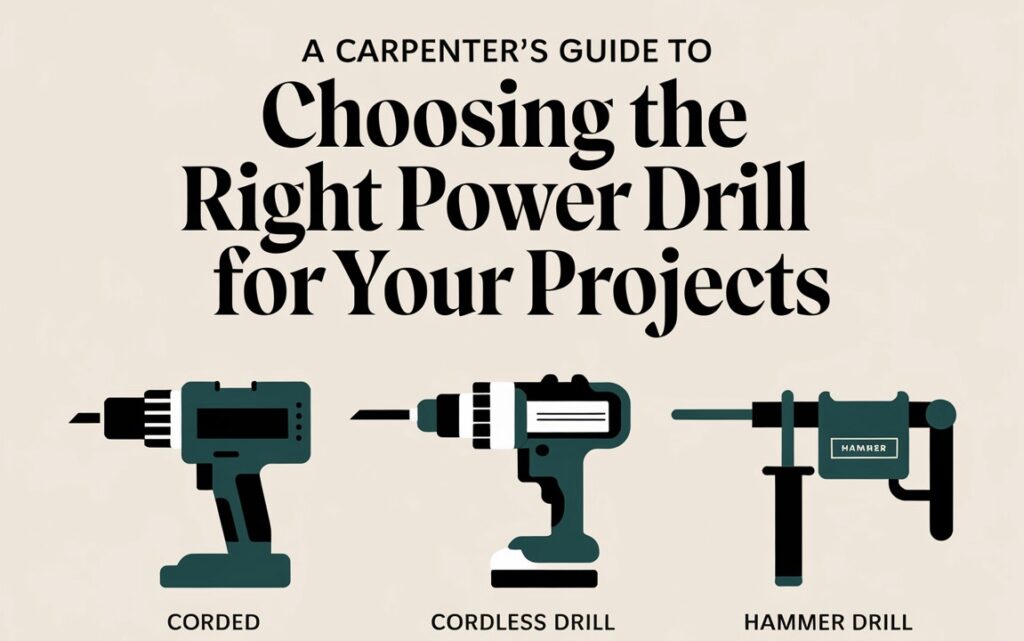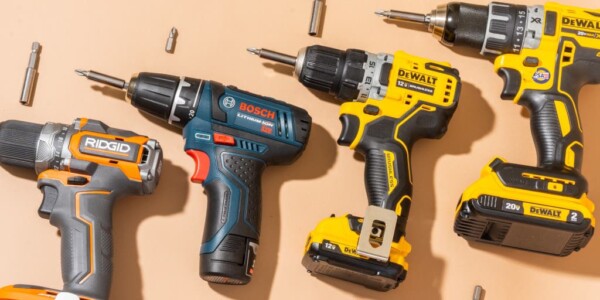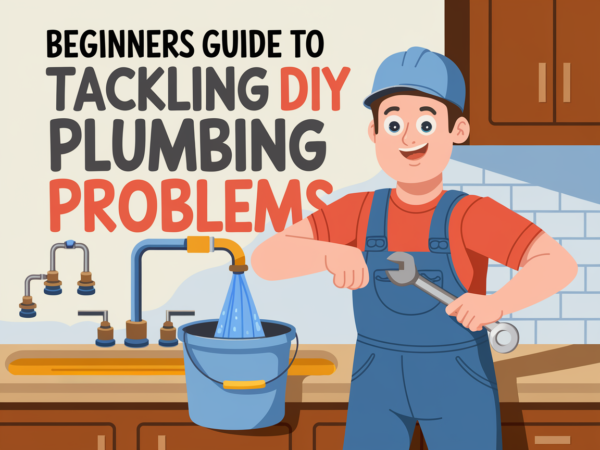
As a carpenter, having the right tools is crucial to the success of your projects. When it comes to power tools, the drill is an essential tool in your arsenal. However, with a wide range of options available, choosing the right power drill can be overwhelming. In this guide, we will explore the key factors to consider when selecting a power drill that suits your specific needs and projects. From understanding different drill types to evaluating important features, this article will equip you with the knowledge to make an informed decision.

Understanding Drill Types:
When it comes to power drills, there are two main types to consider: corded drills and cordless drills. Each type has its own advantages and considerations, and understanding their differences will help you determine which one is the best fit for your projects.
Corded Drills:
Corded drills are powered by an electrical cord and offer a consistent power supply. These drills are ideal for projects that require extended use without the need for mobility. They provide higher torque and are well-suited for heavy-duty tasks such as drilling into masonry or thick materials. If you often work on demanding projects that require continuous power, a corded drill may be the best choice for you.
Cordless Drills:
Cordless drills, on the other hand, are powered by rechargeable batteries and offer greater mobility and convenience. These drills allow you to work freely without being restricted by cords, making them suitable for projects that require movement or access to remote areas. Cordless drills are versatile and can handle a wide range of tasks, from light-duty jobs like assembling furniture to drilling holes in wood. Consider the battery life and voltage of the drill when selecting a cordless option to ensure it meets your project requirements.
Evaluating Important Features:
In addition to understanding the different types of drills, there are several important features to consider when choosing a power drill:
Power and Torque:
The power and torque ratings of a drill determine its drilling capacity and efficiency. Higher power and torque ratings are beneficial for demanding projects, such as drilling through tough materials. Look for drills with sufficient power and torque to tackle the tasks you commonly encounter.
Chuck Size and Type:
The chuck is the part of the drill that holds the drill bit in place. Consider the chuck size and type, as it determines the range of drill bits that can be used with the drill. Most drills have a keyless chuck, allowing for quick and easy bit changes. However, specialized drills may require a specific chuck type. Ensure the chuck size and type align with the drill bits you commonly use in your projects.
Speed Settings:
Having control over the drilling speed is essential for different materials and tasks. Look for drills with variable speed settings, as this allows you to adjust the drilling speed according to the material you are working with. This versatility enhances precision and reduces the risk of damaging the workpiece. Consider drills with multiple speed settings to provide flexibility for various projects.
Ergonomics and Comfort:
Since you’ll be using the drill for extended periods, considering the ergonomics and comfort of the tool is important. Look for drills that are well-designed and ergonomic, with features such as a comfortable grip and balanced weight distribution. A drill that fits comfortably in your hand and reduces fatigue will allow you to work more efficiently and with greater control.
Choosing the right power drill is essential for carpentry projects. By understanding different drill types, such as corded and cordless drills, and evaluating important features like power, chuck size, speed settings, and ergonomics, you can make an informed decision that aligns with your specific needs. Remember to prioritize keywords such as corded drills, cordless drills, power, torque, chuck size, speed settings, and ergonomics in your search. With the right power drill in hand, you’ll be well-equipped to tackle your carpentry projects with confidence and precision.
Selecting the right power drill is essential for any carpenter, whether you’re a professional contractor or a DIY enthusiast. The right drill can make tasks like drilling holes, driving screws, and even mixing materials easier and more efficient. With so many options available, it’s important to understand the different types of drills and their features to find the best one for your needs.
Understanding the Different Types of Power Drills
Cordless Drills
Cordless drills are the most popular option for carpenters due to their convenience and portability. Powered by rechargeable lithium-ion batteries, these drills eliminate the hassle of dealing with cords and allow greater mobility on job sites.
Pros:
- No need to stay near an outlet
- Lightweight and easy to maneuver
- Compatible with various drill and driver bits
Cons:
- Battery life limits usage time
- Can be less powerful than corded models
For general woodworking projects, a cordless drill with at least 18V to 20V power provides enough torque for most applications.
Corded Drills
If you need consistent power and unlimited runtime, a corded drill might be the better choice. These drills plug into a standard outlet and are ideal for heavy-duty applications where a higher torque output is necessary.
Pros:
- Continuous power supply
- Typically more powerful than cordless models
- No need to recharge batteries
Cons:
- Limited by the length of the power cord
- Can be less convenient for job sites without easy access to outlets
Carpenters working on long drilling sessions or dense hardwoods may benefit from the sustained power of a corded drill.
Hammer Drills
A hammer drill is designed for drilling into hard materials like concrete, brick, and masonry. It has a hammering action that rapidly drives the bit forward as it rotates, making it ideal for jobs that require extra force.
Pros:
- Powerful drilling action for tough materials
- Works as a regular drill when hammer mode is turned off
- Available in both corded and cordless versions
Cons:
- Heavier and bulkier than standard drills
- Not necessary for basic woodworking tasks
Carpenters who frequently work on home renovations or commercial projects may find a hammer drill essential for installing anchors and fasteners in concrete walls.
Impact Drivers
An impact driver is not technically a drill but is often used alongside one. These tools provide high torque for driving screws and bolts without stripping or damaging fasteners.
Pros:
- High torque output for driving long screws
- Prevents wrist fatigue with reduced kickback
- Works efficiently on tough materials like hardwood
Cons:
- Not ideal for drilling holes
- Requires specialized hex-shank bits
For deck building, cabinet installation, or framing, an impact driver paired with a drill is a powerful combination.
Key Features to Look for in a Power Drill
Power and Torque
The voltage rating of a drill determines its power. For most carpentry projects, a cordless drill between 18V and 20V provides a good balance of power and portability. Corded models usually range between 6 to 13 amps, with higher amp ratings offering more power for demanding tasks.
Torque is also important—higher torque allows you to drive larger screws and drill through dense materials more easily. Look for drills with adjustable clutch settings to fine-tune torque based on your project.
Battery Life and Charging Speed
If you opt for a cordless drill, battery life is a key factor. Lithium-ion batteries are the best choice because they provide longer run time and faster charging than older NiCad batteries. Some drills come with fast chargers that can replenish batteries in under an hour.
It’s also helpful to invest in an extra battery so you can keep working while one battery charges.
Chuck Size and Compatibility
The chuck is the part of the drill that holds the bit in place. Common sizes include:
- 3/8-inch chuck – Best for general carpentry and DIY tasks
- 1/2-inch chuck – Ideal for heavy-duty drilling and larger drill bits
A keyless chuck allows for quick bit changes, while a keyed chuck provides a stronger grip for larger bits.
Speed Settings and Control
A good power drill should have variable speed settings to adjust for different tasks. Drilling into wood, metal, or masonry requires different speeds:
- Low speed (0-500 RPM) – Better for driving screws
- Medium speed (1,000-1,500 RPM) – General drilling tasks
- High speed (2,000+ RPM) – Faster drilling in soft materials
Some advanced models also offer two-speed gearboxes, giving you more control over speed and torque.
Best Power Drill Brands for Carpenters
DEWALT
Known for rugged and durable tools, DEWALT drills are a top choice for professionals. The DEWALT 20V MAX XR is a great cordless option with a brushless motor for extended battery life and high torque output.
Milwaukee
Milwaukee’s M18 Fuel series offers powerful brushless motors, long-lasting batteries, and fast charging capabilities. Their impact drivers and hammer drills are favorites among contractors.
Makita
Makita’s 18V LXT lineup is one of the most refined cordless tool systems available. They offer compact, lightweight drills with excellent ergonomics and battery efficiency.
Bosch
For those who need precision and reliability, Bosch drills deliver great balance and durability. The Bosch 12V and 18V drills are well-regarded for their long-lasting performance.
Choosing the Best Power Drill for Your Needs
- If you need portability and ease of use, go with a cordless drill (18V-20V).
- If you require continuous power for heavy-duty work, a corded drill is better.
- If your projects involve masonry or concrete, a hammer drill is the best option.
- If you need to drive long screws or fasteners, consider adding an impact driver to your tool kit.
By understanding the different types of drills and their features, you can make an informed decision and invest in the right power drill that suits your carpentry needs.
As an Amazon Associate we earn from qualifying purchases through some links in our articles.



